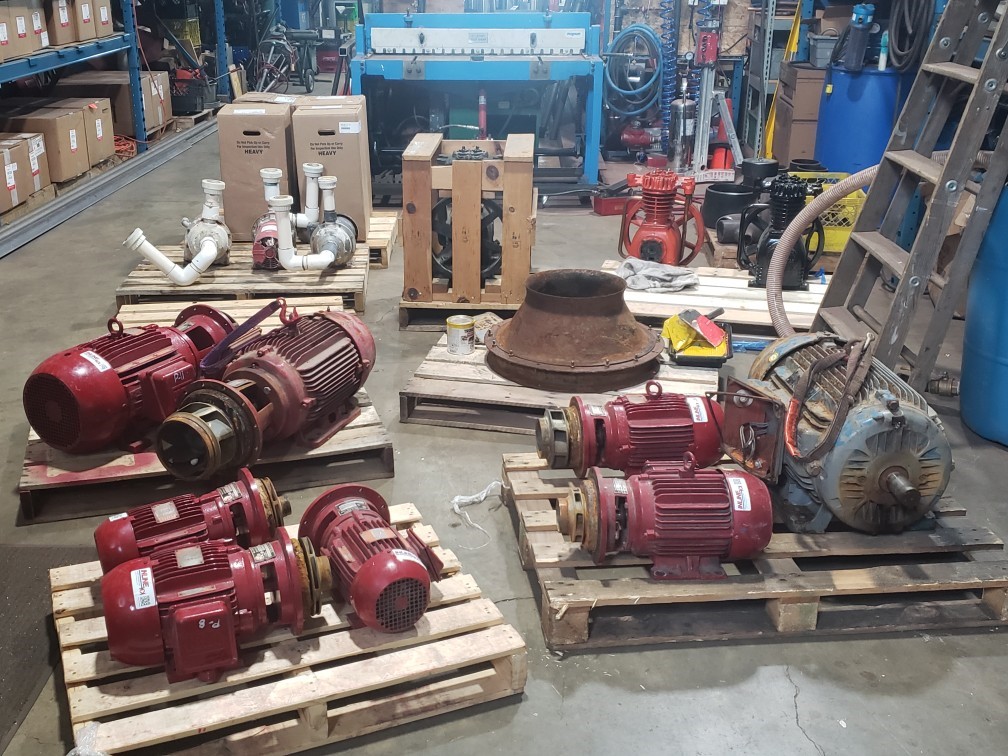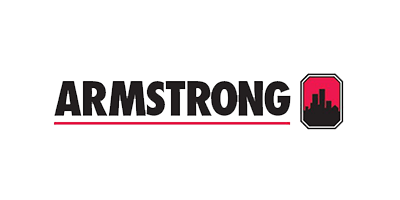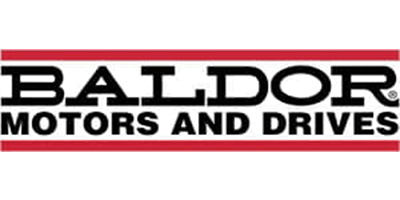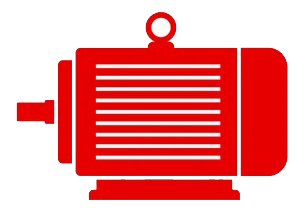Pump Repairs Surrey
 Inline Sales & Service located offers in house complete pump repairs in our Surrey BC shop for heating and cooling. Our service technicians offer on site pump repairs throughout the Lower Mainland. Centrifugal pumps are among the most versatile pumps and are used in many industries to move fluids. If they’re not working properly, you probably don’t need us to tell you how seriously the production process can be affected.
Inline Sales & Service located offers in house complete pump repairs in our Surrey BC shop for heating and cooling. Our service technicians offer on site pump repairs throughout the Lower Mainland. Centrifugal pumps are among the most versatile pumps and are used in many industries to move fluids. If they’re not working properly, you probably don’t need us to tell you how seriously the production process can be affected.
While it’s easy to carry on operations despite little glitches in pump performance – after all, demand and pressure to speed up production can be high – monitor your centrifugal pumps closely and pay attention to any signs of problems. Some common problems that you may encounter often can lead to pump failure if left unattended. Meanwhile, improvised temporary measures will actually hasten pump failure and increase repair bills.
Watch for sure signs that centrifugal pump repair or replacement is needed. Before it’s too late.
Your Pump Won’t Start
OK, so this sign is pretty obvious. Perhaps an electrical fault is the cause. Check first for any loose or disconnected wiring. A blown fuse or circuit breaker is also an easy fix. However, a failed motor may necessitate replacement.
If the fault is not electrical, failure to start may indicate a physical blockage. The pump will have to be stripped to remove anything lodged in the impeller that is preventing it from rotating.
Reduced Fluid Flow
There are several conditions that can cause reduced flow through your centrifugal pump:
- Wrong impeller rotation. This arises if the motor is wired incorrectly and the rotation of the impeller is reversed. This can have serious consequences and damage the pump components if the impeller backs off the shaft.
- Clogged suction, discharge line or impeller. Any debris clogging up the pump inlet or discharge must be cleared out. The pump must be stripped to clear debris from the impeller.
Worn impeller, wear ring or wear plate. If any of these internal components are worn, the hydraulic capacity of the pump is reduced. Component wear causes clearances to open up, leading to greater circulation of fluid inside the pump and a reduction in flow. - Sometimes the problem may be easy to fix when caused by something more obvious like an open bypass valve. However, worn impellers and other components require repair or replacement.
Leaking
Any leakage from the pump, no matter how small, spells trouble. Abnormal or excessive temperature, pressure, or corrosion can loosen the mechanical joints and seals.
Pump repairs may simply involve tightening any loose fasteners around the joint. In other cases, gaskets may need to be replaced. If the pump is leaking at the shaft, the mechanical seal will have to be replaced.
Rumbling or Rattling Noises
These noises in centrifugal pumps are usually accompanied by vibration and are most often a sign of cavitation. Cavitation causes intense shockwaves inside the pump and can cause significant damage to both impeller and pump housing.
Any sign of cavitation must be addressed immediately to prevent substantial damage to the pump. Excessive vibration will lead to premature failure of the mechanical seal and bearings. If your pump is in need of repairs you have a coupe options: bring your pump to our shop or book an appointment for one of our skilled technicians to repair the pump on site.

 Armstrong Pumps
Armstrong Pumps Bell & Gossett
Bell & Gossett Taco Pumps
Taco Pumps Goulds Water Technology
Goulds Water Technology Grundfos Pumps
Grundfos Pumps Wilo & Scot Pumps
Wilo & Scot Pumps Boilermag XT magnetic filter
Boilermag XT magnetic filter Hoffman Specialty
Hoffman Specialty John Crane
John Crane McDonnell & Miller
McDonnell & Miller Heat Exchangers
Heat Exchangers B&G Power Packs
B&G Power Packs Weg Motors
Weg Motors TechTop Motors
TechTop Motors US Motors & Nidec
US Motors & Nidec Baldor Motors
Baldor Motors SKF Motor Bearings
SKF Motor Bearings Motor Repairs
Motor Repairs






